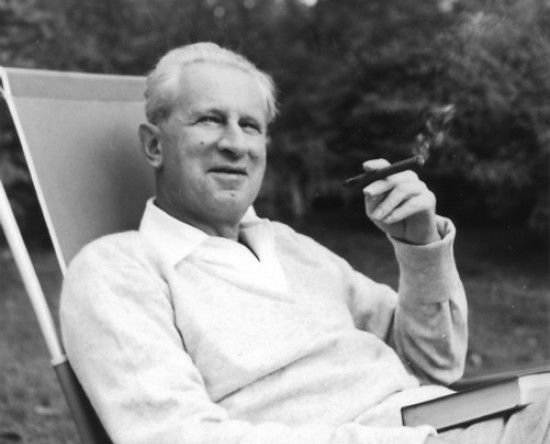Herbert Marcuse Frases famosas
Herbert Marcuse: Frases em inglês
“the need for stupefying work where it is no longer a real necessity.”
Fonte: One-Dimensional Man (1964), p. 7
"The Foundations of Historical Materialism," Studies in Critical Philosophy (1972), p. 32
“Critique of Neo-Freudian Revisionism”
Eros and Civilization: A Philosophical Inquiry into Freud (1955)
“The happy consciousness is shaky enough—a thin surface over fear, frustration, and disgust.”
Fonte: One-Dimensional Man (1964), p. 76
